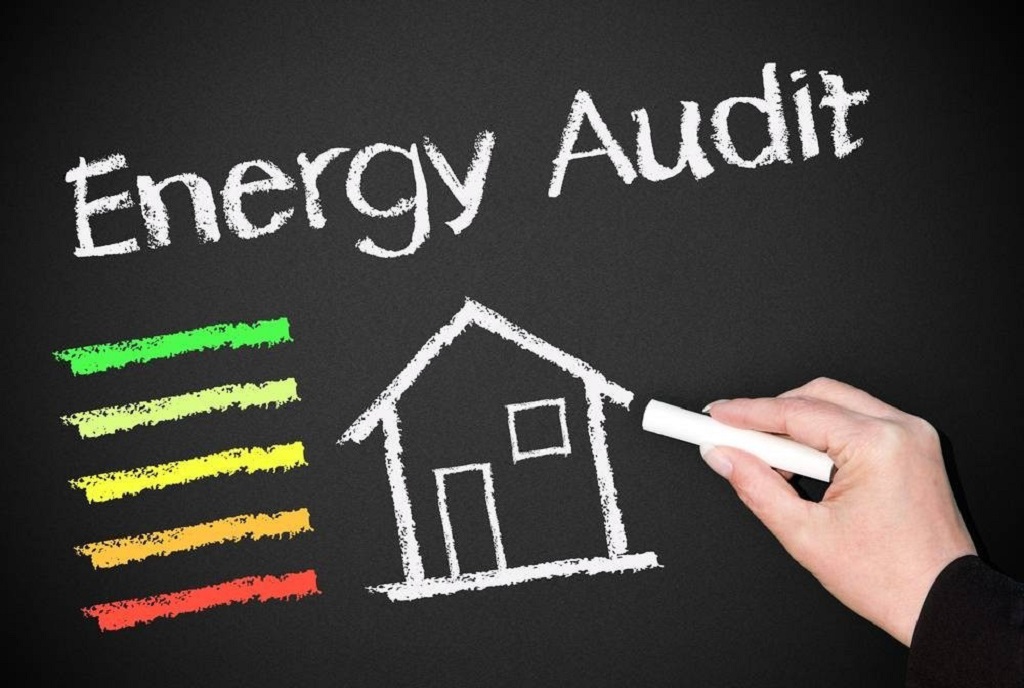If you take out a business loan for your company, you will be asked to sign a directors personal guarantee in order to safeguard the lender’s money. But what should you consider before signing?
What Exactly Are You Guaranteeing?
Be clear on whether you are guaranteeing to repay a specific loan or what is known as “all monies” to the lender, as they differ greatly. If it’s a specific loan, your obligation is tied to any money owed under the specific loan agreement, while with an all money guarantee, you are liable for a wider range of things. This includes all funds, debts and liabilities you have received from the lender and on any account at the time or in future. It’s important to check the wording carefully, as this is not always made clear.
Liability Cap
It is a good idea to set a guarantee limit if you are the guarantor, as this caps the amount of what is recoverable. The FSB has called for scrutiny of the way banks often use harsh lending tactics, as it believes it can stunt business growth and leave business owners forced to put their personal assets at risk in order to get finance.
If you are considering a director’s personal guarantee, you should consider consulting a legal expert, and there are many firms such as Parachute Law that can ensure the agreement is suitable before you sign.
At What Point Can a Lender Make a Claim?
A guarantee is a secondary obligation, in that it is used only when a primary obligation to repay a loan has not been met. However, a personal guarantee also includes an indemnity, meaning the lender doesn’t have to prove that the loan has not been paid back before they make a claim. If you want to ensure the lender cannot claim under certain conditions, this should also be made clear.
When Does the Guarantee End?
If you want termination rights, allowing you to give notice and end the guarantee, you’ll need to include an express termination clause.



